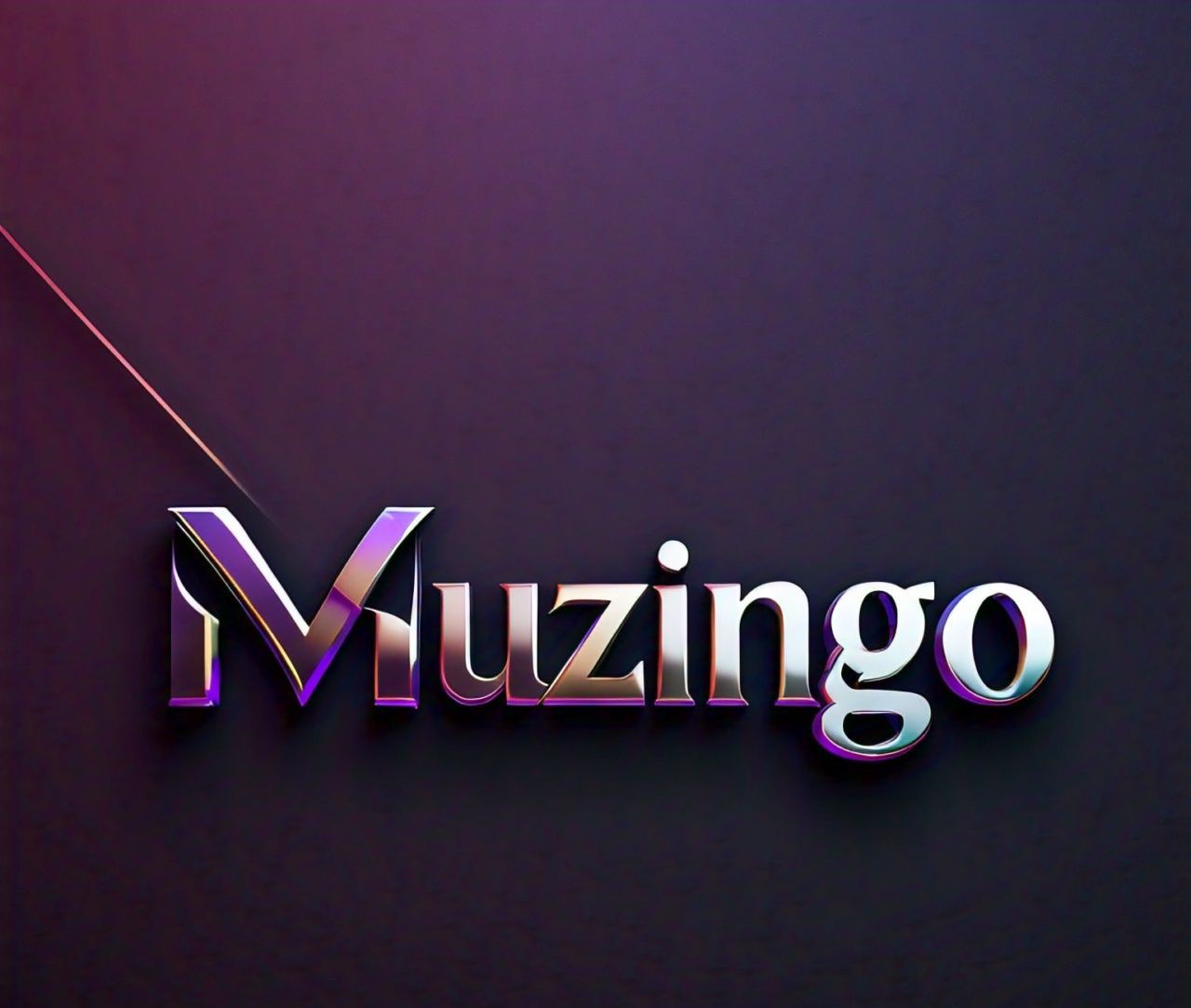The digital revolution has transformed how we interact with music, opening doors for families and friends to connect through shared sonic experiences. Music games, a ubiquitous genre, not only provide entertainment but also offer a hidden advantage, the potential to enhance cognitive development.
Music to Your Brain:

Music games aren’t just about fun; they engage players in various ways that benefit cognitive skills. Studies show they can:
- Sharpen attention and concentration: Following musical patterns requires focus and helps train the brain to filter distractions.
- Boost impulse control: Reacting quickly and accurately to rhythmic cues improves self-regulation and decision-making.
- Enhance social functioning: Playing together fosters communication, cooperation, and teamwork, building stronger social bonds.
- Promote self-expression and communication: Singing, dancing, or creating music provides creative outlets and strengthens communication skills.
- Motivate and increase self-esteem: Mastering challenges and seeing progress can be highly motivating and build confidence.
A Brief History of Grooving with Games
Since their humble beginnings in the 1950s, video games have evolved into a global industry, and music has always been a part of the journey. From the simple light patterns of Simon (1978) to the dance floor craze of Dance Dance Revolution (1998), music games have constantly innovated.
The Evolution of a Genre:
Music games diversified, offering experiences beyond arcade-style dancing. Rock Band (2007) brought instruments home, while SingStar (2004) put the spotlight on vocals. Touchscreens took over with mobile games like Piano Tiles (2013), and streaming services like Spotify integrated rhythm elements. VR and AR are pushing the boundaries further, offering immersive experiences. Games like Beat Saber (2018) even blur the lines between playing and composing.
A Symphony of Choices:
With diverse gameplay mechanics and musical genres, there’s a music game for everyone. Here are a few popular examples:
Dance Dance Revolution: Step in sync with arrows for a physical challenge.
Rock Band: Form a band and play instruments together.
Just Dance: Mimic dance moves for a fun and active experience.
Beat Saber: Slash blocks with lightsabers in a futuristic rhythm adventure.
Pop’n Music: Press colorful buttons in time with quirky and catchy tunes.
Muzingo: Where Bingo Meets Music:
Muzingo combines bingo mechanics with music trivia, challenging players to match songs to tiles and create winning patterns. While fun, the claims about its specific cognitive benefits require research backing to be fully convincing.

The Future Sounds Bright:
Continuous innovation ensures music games remain exciting for families and friends. With diverse platforms and emerging technologies, the future holds even more engaging experiences that combine musical enjoyment with cognitive benefits. So, grab your controllers, instruments, or dancing shoes, and get ready to groove your way to smarter fun!
Muzingo is a game that lets you play bingo with music. To play, you need to visit the website and either host or join a game. You also need to buy a bundle and select or create a playlist. The game involves marking off songs on a card as they play. The first player to complete a line of five squares wins. Click this link to learn how to play Muzingo.


